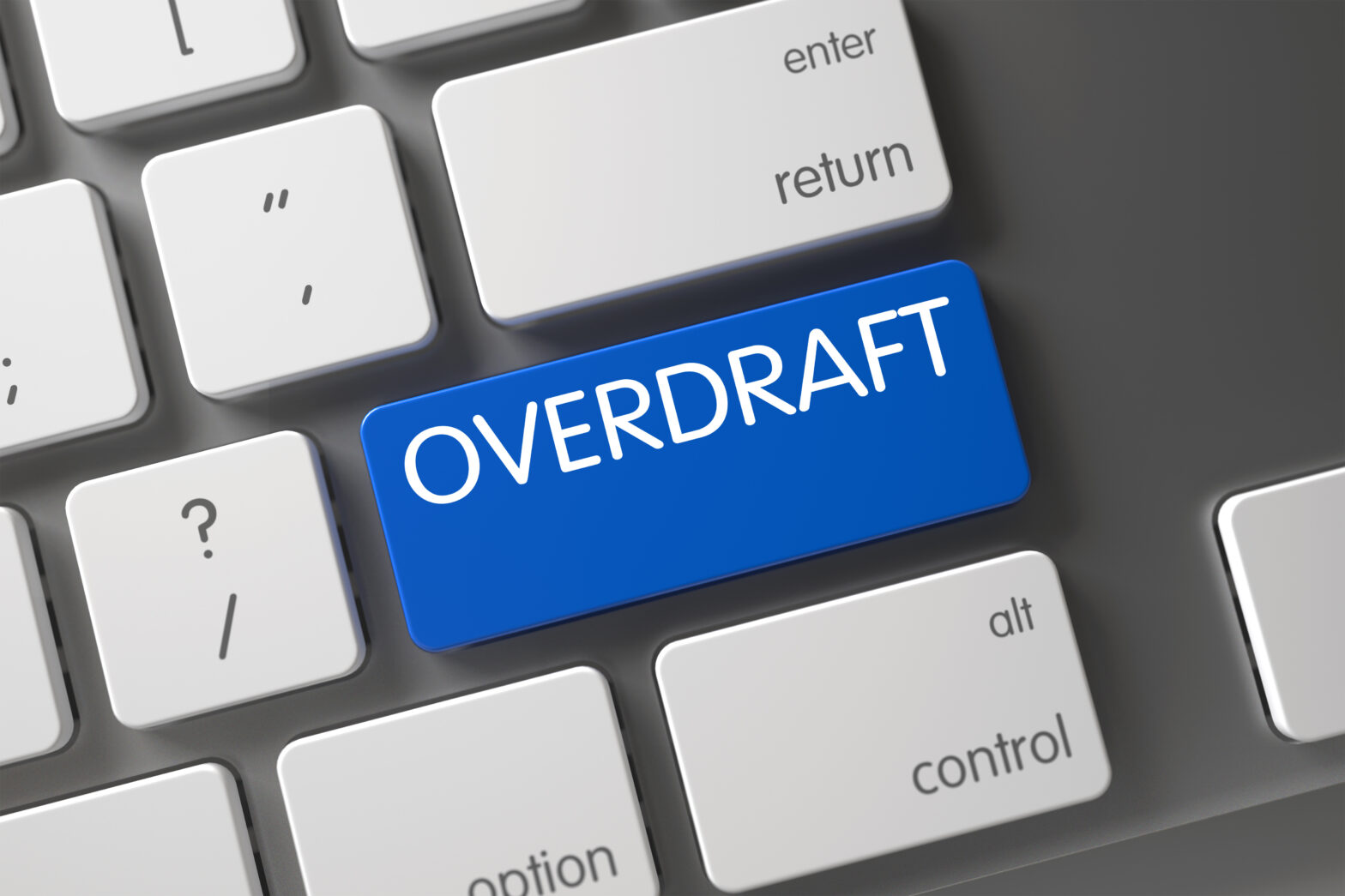Claimants argue that fines are disproportionate to the cost to banks and therefore illegal but, as yet, few cases have made it to court. Banks generally prefer to stall for as long as possible, then settle before legal proceedings begin.
An estimated £11 million has been recovered from UK banks to date, the largest claim coming from a business in Norfolk. The owner recovered around £36,000 from NatWest after accusing it of charging him unlawful overdraft fees.
SmallBusiness.co.uk spoke to Emma Parker at the Financial Ombudsman Service. She says: ‘The number of enquiries has risen steeply with increased media coverage and following an Office of Fair Trading investigation into credit card charges.’
Inevitably, no-win, no-fee firms have jumped on the bandwagon, some using automated cold-calling to contact potential clients. Adds Parker: ‘Some are even charging up to 40 per cent of the resulting claim. We see no difference at all in the outcome of such claims by using these firms.’
The Ministry of Justice is now looking into the regulation of such firms, with the Information Commissioner’s Office investigating the use of unsolicited automated telephone messages, which could breach Privacy and Electronic Communications Regulations.
Marc Gander, founder of not-for-profit claim advice website The Consumer Action Group, echoes this, saying: ‘I don’t think no-win, no-fee firms are necessary in this case. The Lloyds TSB judgment is very discouraging for the ordinary, vulnerable people trying to make a claim, but it doesn’t set a precedent for the courts. Our advice is to keep trying to claim.’
You can download template letters and court forms to start you off from the Consumer Action Group website.





